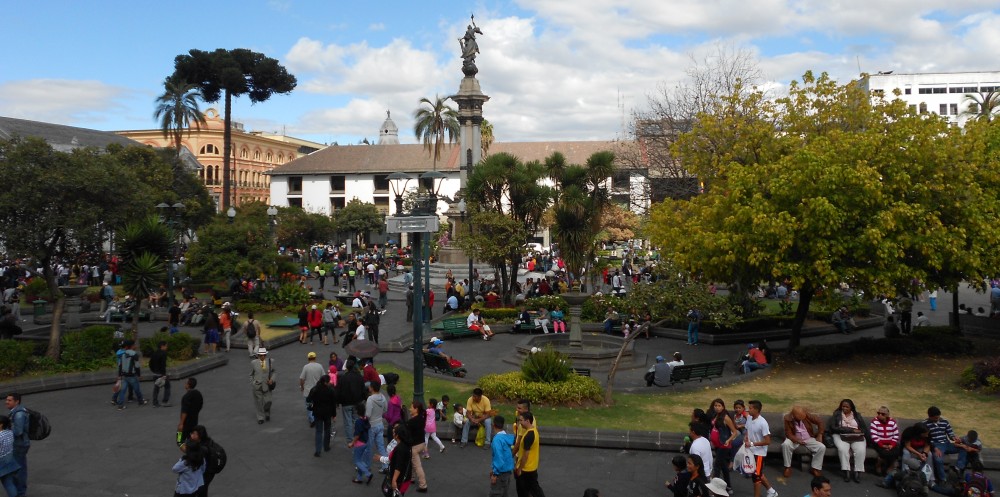This week’s topic “The Terror” gives insight into the rise of Latin America’s left wing guerilla groups. These groups were organized usually in opposition to governments’ right wing, free market approaches. Neoliberal and capitalist ideals in Latin America were not democratic; they benefited the elite and subordinate the poor and rural. In self-defense, the poor and rural turned to communist ideals and violence; hence, guerilla groups. Alexander Dawson explains that this opposition was possible mostly due to the outcomes of the Cold War. Both the United States and the Soviet Union used Latin America as their battleground to gain capitalist and communist support. While the US aided many Latin American governments with money, the Soviet Union aided many local groups with military support. This provided the resources needed for both parties to fight against each other.
As Alexander Dawson explains, many guerrilla groups were born out of the corruption and inequalities that many peasants faced as capitalism entered Latin America. Once again, we see this as a consequence of US imperialism. The US began using its military, market, and intelligence agencies to gain hegemony over the region. This, however, did not compute in the peasant people’s mind, and therefore they began uprisings. Dawson explains how the conflicts that arose with guerrilla groups are described using terms like “dirty wars” or “war on terror”. I very much agree with him in that this type of language was, and is, used by powers, like the US, to create certain imaginaries that benefit their ideas and actions. Any individual or group that defies clean categories, such as being uniformed and controlling specific zones during warfare, is considered an enemy – a terrorist. This is a misconception.
I fail to believe that these individuals and groups are necessarily the terrorists. Yes, as we have learned through Sendero Luminoso, guerrilla group often express themselves through coercion and violence. However, as we have learned with Peru’s civil war history, the state also expressed itself through acts of violence. Both groups killed hundreds of people, so why is only one of them being called the terrorist? I think that this control of language like the “war on terror” is a dangerous weapon that powers, such as the US, have over the world. Words like “terrorist” create imaginaries of fear and “othering” that blur the US’ own acts of terror. It is this type of manipulative language that makes individuals more likely to support foreign warfare in the name of fighting “terror”. We know for a fact that the US has killed hundreds, if not thousands, of civilians through their inexplicable airstrikes and drone-strikes, but I do not see the US being labeled as a “terrorist” in any news headline.
Latin America
What's this "latin spice" I'm hearing about?

I liked your point about questioning who was the terrorist and you mentioned that it is a control of a language. I agree with that, but also since Peruvian government basically won the battle against the insurgents, the government was privileged to write the history from their perspective. It has been said all the time that winners write the history from their perspectives.